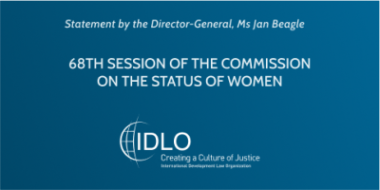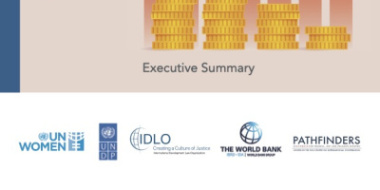Indonesia-Netherlands Rule of Law and Security Update
The Netherlands and Indonesia have a longstanding relationship in the fields of rule of law and security cooperation. The two countries' legal systems share a common heritage in substantive law and legal structure, and remain important partners today.














